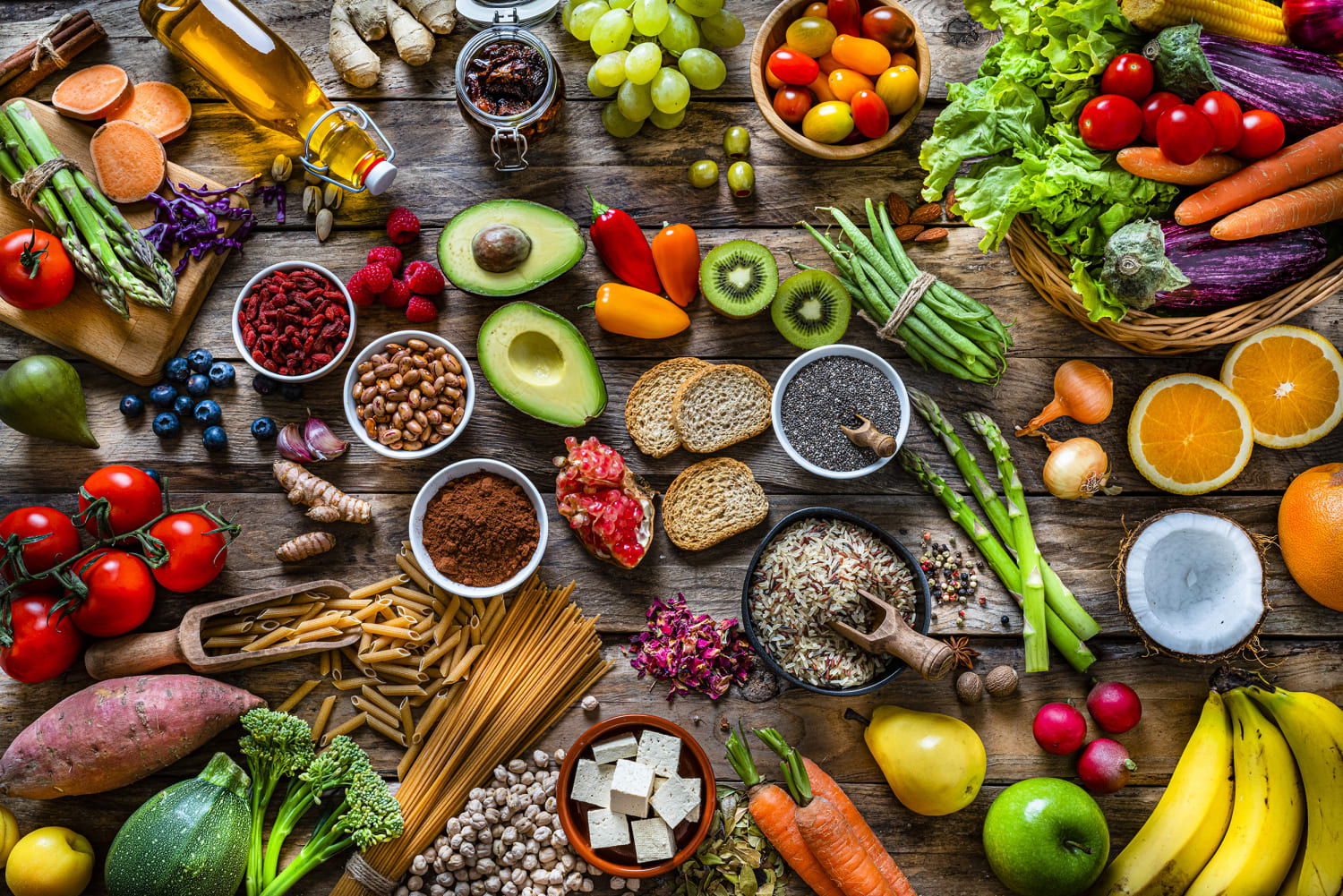Elai Avidor - Week Seven; Food
Food is a big part of our lives; we are constantly consuming it and sometimes even consumed by it. Families bond over dinner, people celebrate special occasions by going out to eat, and children are rewarded with dessert. From very early in our lives, we are taught that food is much more than the nutrients and sustenance it provides us with. It is an experience and pleasure event. Food is something to be cherished, rightfully so, but this also leads to many problems. When you turn food into a reward system, it causes unhealthy eating habits for children. Instead of a child getting the proper nutrients from healthier alternatives, they are conditioned to want junk food that is much worse for their health long-term.
Some examples of this are holidays. When people think of holidays, they think of the food that entails. On Halloween, you get candy. Thanksgiving is gravy and stuffing. Easter is chocolate. Chanukah is Hamantashen. Christmas is eggnog and cookies, and you get the point by now. During these times of coming together, we all bond over food. We have these meaningful experiences, and food is what brings it all together. In fact, food has represented so much more than it seems for so long.
Over the course of human history, food has symbolized many things, such as wealth. Back in the olden days, when food was more scarce for everyone, fatter people were seen as more attractive. To be fat meant you had an excess of food, and an excess of food meant an excess of wealth. Only royalty and the rich could afford to live such comfortable lives. Because of the lack of it, food caused a vast discrepancy between the lives of everyday people and the elite. Entire revolutions and rebellions happened because of an insufficiency of food, such as the French Revolution.
What do you think about food, and what food is your favorite? Is it as important as I made it out to be?


Comments
Post a Comment